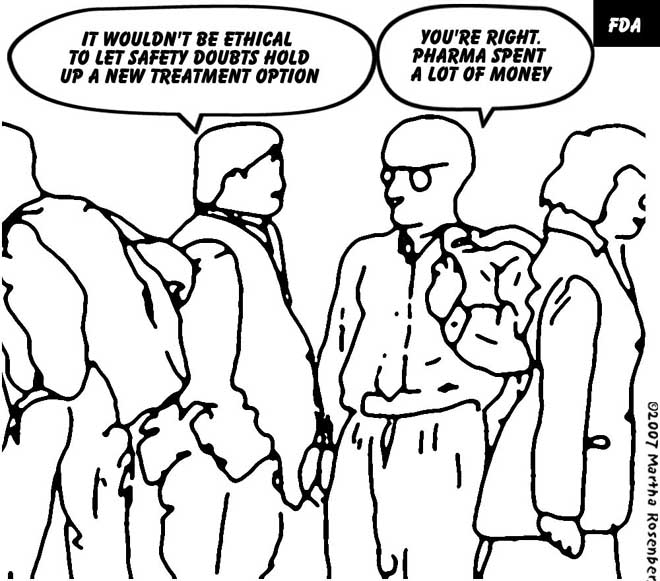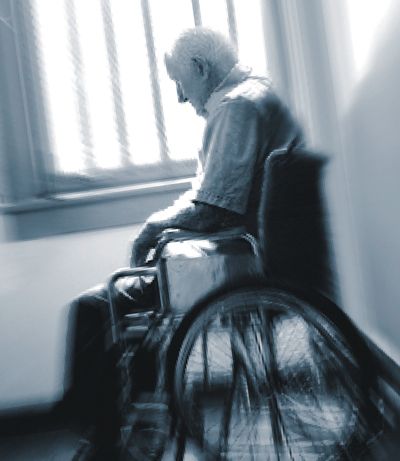
Seroquel’s Toll—Controversial Antipsychotic Drug Now Marketed for Depression
Even though AstraZeneca’s antipsychotic Seroquel is the fifth best-selling medication in the US according to drugs.com, exceeded only by Lipitor, Nexium, Plavix and Advair diskus, its safety, effectiveness, clinical trial and promotion records are highly checkered. An original backer, psychiatrist Richard Borison, was sentenced to a 15-year prison sentence in 1998 for a pay-to-play Seroquel research scheme. Its US medical director Wayne MacFadden had sexual affairs with two different women involved with Seroquel research, say published reports. Chicago psychiatrist Michael Reinstein received $500,000 from AstraZenenca and wrote 41,000 prescriptions for Seroquel reports the Chicago Tribune and ProPublica. Psychiatrist Charles Nemeroff who left Emory University in disgrace after a Congressional investigation for unreported pharma income, promoted Seroquel in continuing medical education courses according to the web site of psychiatrist Daniel Carlat. Psychiatrist Charles Schulz’ high profile pro-Seroquel presentations are suspected of being colored by his AstraZeneca income says the Minneapolis Star Tribune.
Florida child psychiatrist Jorge Armenteros was chairman of the FDA committee responsible for recommending Seroquel approvals while a paid AstraZeneca speaker himself, said the Philadelphia Inquirer in 2009.




